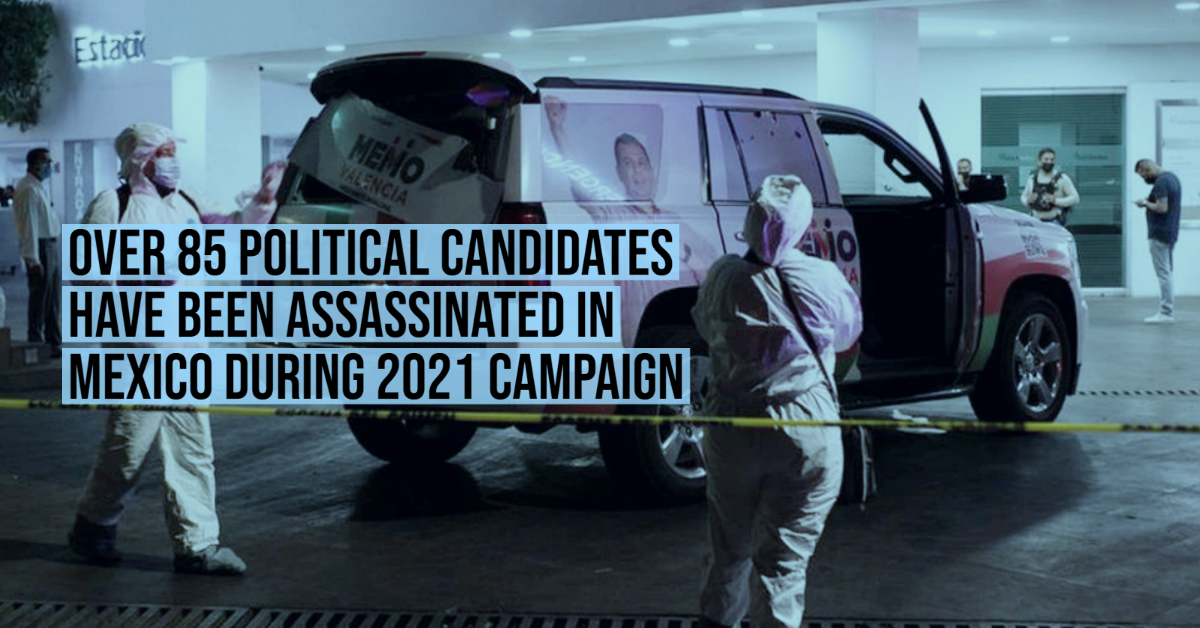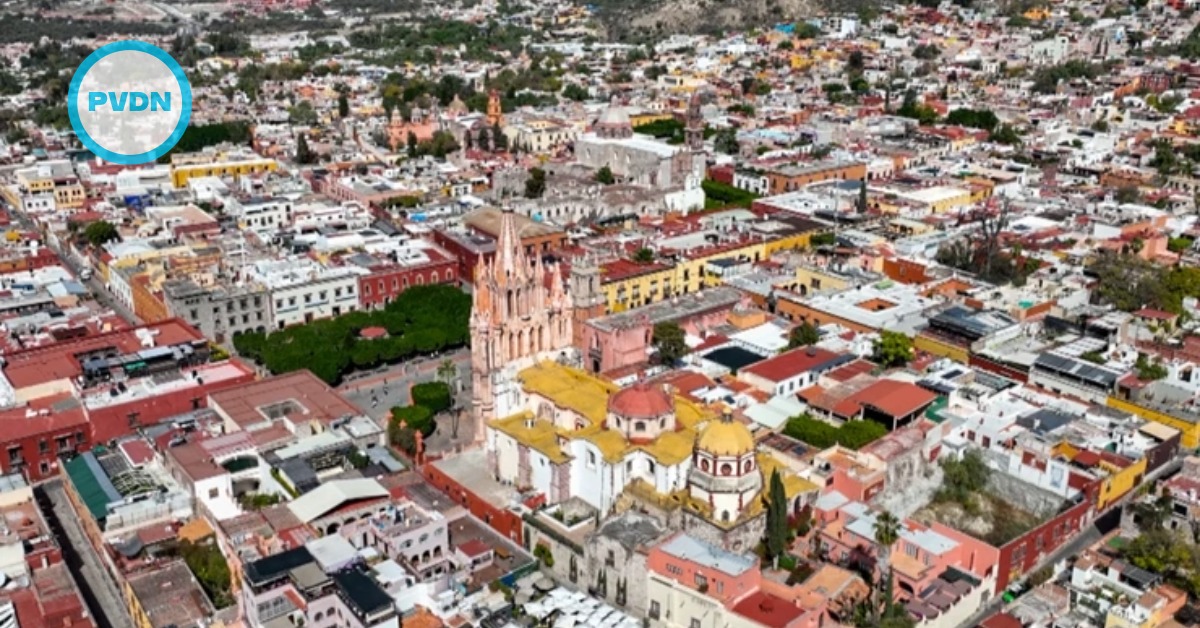The murders of political candidates for public office have become a constant in Mexico during the elections. Organized crime has managed to perpetuate itself and infiltrate electoral campaigns to dispose of the lives of those who seek to enter politics.
So far in this election season, over 85 candidates, male and female, have been assassinated by drug cartels and organized crime, according to Etellek Consultores. This includes 32 people whose homicides occurred before the start of the campaigns and excluding those who have been threatened, such as Zudikey Rodríguez, candidate for the municipal presidency of Valle . . .






